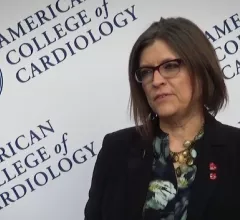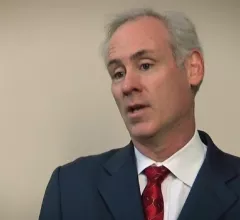Cardiologists J.P. Reilly, MD, and Larry S. Dean, MD, offer insight on the two-year results of the ABSORB III trial that evaluated Abbott’s Absorb bioresorbable vascular scaffold. They also talk about the March 18th FDA advisory letter alerting healthcare professionals of an increase in major adverse cardiac events with the Absorb compared with the Xience drug-eluting stent. As they note, physicians need to be careful about selecting the right patients who may benefit from bioresorbable stents, using them in right-sized vessels and making sure to properly deploy the devices.



